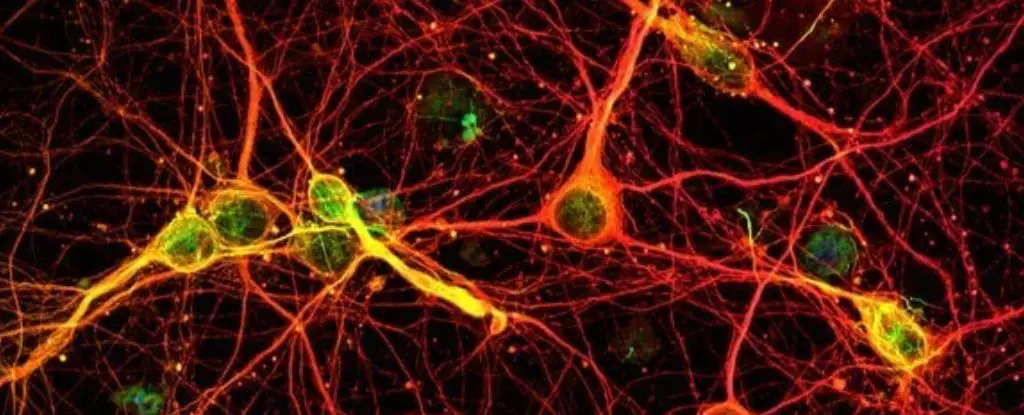The human brain has long been regarded as the sole keeper of our memories, a notion that is deeply rooted in our understanding of learning and cognition. However, recent research conducted by a team at New York University (NYU) challenges this conventional idea, suggesting that the capacity for memory formation lies not just within the confines of our brains but is also a fundamental characteristic of other cells in our bodies. Neuroscientist Nikolay Kukushkin, a key figure in this study, highlights that this discovery could pave the way for innovative approaches to address learning and memory disorders, unlocking a new perspective on how our bodies incorporate information.
The study illustrates a fascinating concept known as the massed-spaced effect. Traditionally attributed to brain neurons, this effect encompasses the idea that learning becomes more effective through the repetition and spacing of information over time. The research team investigated how non-neuronal cells, specifically nerve and kidney cells, respond to rhythmic patterns of chemical exposure—stimulating curiosity as to whether these cells can exhibit memory-like properties. The findings indicated that these cells can indeed exhibit learning behaviors akin to those seen in neurons, suggesting a broader biological basis for memory formation.
Kukushkin’s investigation revealed that when kidney and nerve cells were exposed to specific chemical training pulses, they demonstrated activation of memory-related genes similar to those found in neurons. This activation was evidenced through the measurement of luciferase, a byproduct of gene expression tied to memory formation. Remarkably, this opens the door to the understanding that not just specialized brain cells, but also other bodily cells, may possess the inherent characteristics required for memory and learning.
A striking aspect of this research centers on the role of signaling molecules, specifically protein kinases A and C (PKA and PKC). These proteins, integral to the cascade of molecular events that lead to memory formation, were employed in varied pulses to assess their impact on cell responses. The results demonstrated that memory-like attributes in these cells depended on the number of chemical pulses received and the intervals between them. A mere single pulse activated memory genes briefly, whereas multiple pulses yielded a longer-lasting effect, akin to how our brains strengthen memories through repeated learning experiences.
This intricate behavior showcases that memory is not a simple process confined to the brain—it emerges from complex intercellular communications that occur throughout the organism. It emphasizes a vital lesson: the timing and repetition of learning experiences greatly influence the magnitude and durability of memory, underscoring why methods such as spaced repetition are so effective in educational and developmental contexts.
Kukushkin’s research prompts a reevaluation of how we approach health and wellness. The notion of “body memory” suggests that the way our cells learn and adapt could have significant implications for our understanding of diseases, particularly those that involve cognitive deficits or memory impairments. As the researchers delve deeper into this inquiry, the potential for therapeutic interventions that harness the body’s intrinsic memory capabilities becomes an exciting frontier.
By treating the body as an extension of the brain, we open ourselves to exploring novel techniques for rehabilitation and the management of various conditions. Ultimately, the remarkable interconnectedness of our bodily systems paints a compelling portrait of memory that transcends traditional views, urging further exploration into how we can optimize cognitive functions for a healthier life.
The groundbreaking study from NYU challenges the age-old perception of memory formation being solely the provinces of the brain. There exists a rich tapestry of memory attributes within cells dispersed throughout our bodies, revealing a complex interplay of chemical signals that enable learning. With scientists like Nikolay Kukushkin at the helm, we are on the brink of transforming our understanding of memory, learning, and health—a shift that may unlock new pathways to enhance our cognitive resilience and treat memory-related disorders more effectively.


Leave a Reply